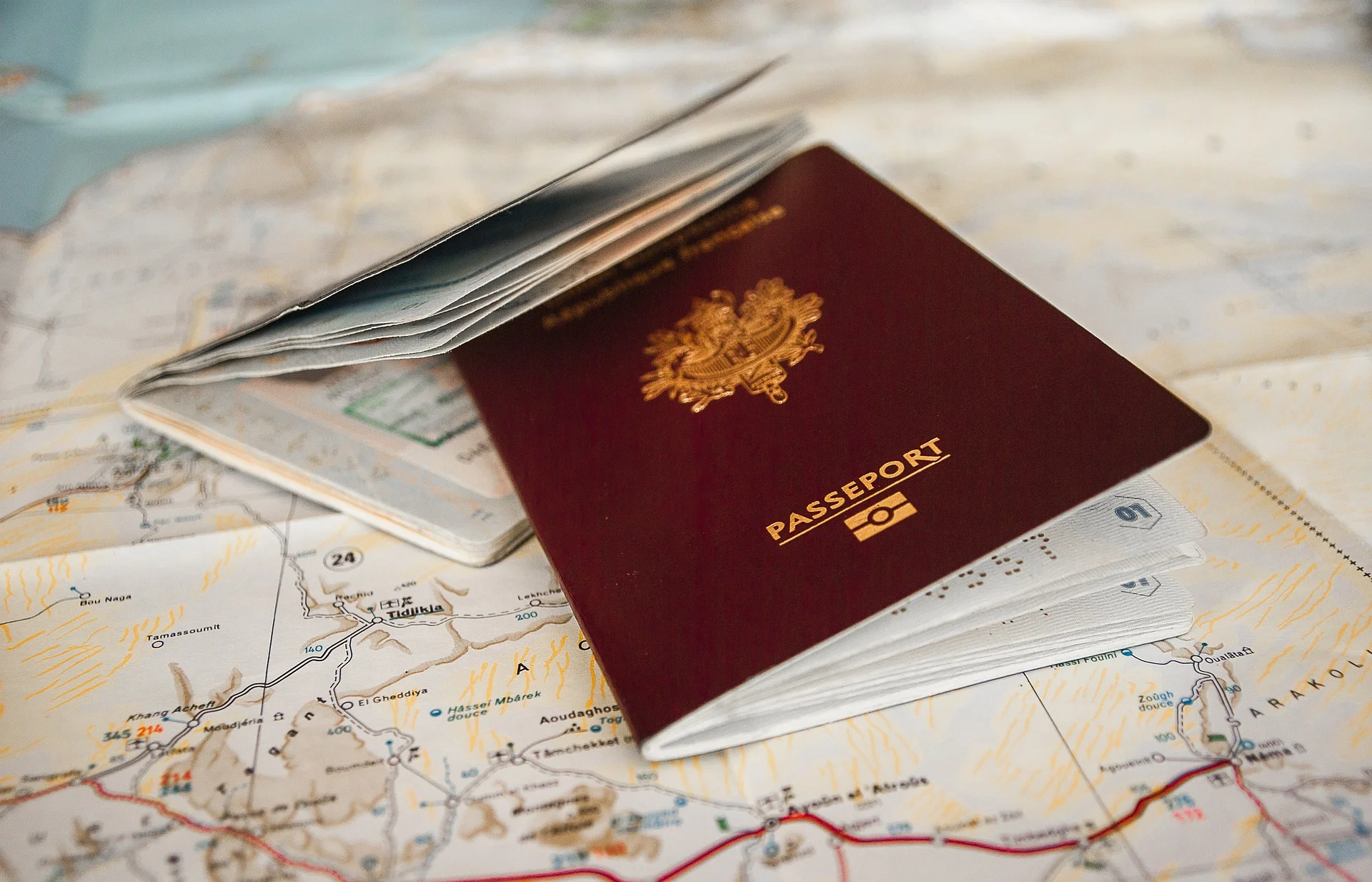The question of whether Armenia allows its citizens to hold citizenship of another country simultaneously is important for many Armenians living abroad and for foreigners considering Armenian citizenship. Recent legal changes regarding military service for new citizens also add a critical dimension to this topic.
When did Armenia start allowing dual citizenship?
Yes, the Republic of Armenia permits dual citizenship. This significant legal provision was authorized following constitutional amendments to the Citizenship Law of Armenia, which came into force on February 26, 2007. Prior to this date, Armenian law generally did not recognize dual citizenship, and acquiring another citizenship could lead to the loss of Armenian citizenship.
How does Armenia view citizens with dual nationality?
An important aspect of Armenia’s dual citizenship law is how such individuals are regarded by the Armenian state. According to the legislation, an Armenian citizen who has also acquired the citizenship of another country is, nevertheless, considered to be solely an Armenian Citizen by the Republic of Armenia in its legal relationship with that individual.
This means that while on Armenian territory, or when dealing with Armenian authorities, the individual is primarily subject to Armenian laws and recognized as an Armenian citizen. Importantly, Armenia does not typically require individuals to renounce their existing foreign citizenship upon acquiring Armenian citizenship, nor does it require Armenian citizens to renounce their Armenian citizenship if they acquire another.
What are the general rights and responsibilities of Armenian dual nationals?
Dual nationals of Armenia generally possess the same rights and responsibilities as any other citizen of Armenia residing in the country. This includes:
- The right to vote and be elected (subject to specific electoral laws).
- The right to own property.
- Access to social services and education.
- The obligation to respect and abide by the Constitution and laws of Armenia.
However, one of the most significant responsibilities is related to military service, which has seen important updates for new citizens.
Are new male Armenian citizens subject to military service?
Yes, this is a critical aspect for male individuals acquiring Armenian citizenship. Starting February 12, 2024, amendments to the Armenian Law “On Military Service” came into force, impacting new citizens. This is sometimes referred to as the law concerning “draft evaders” who may have previously avoided service by not holding Armenian citizenship until a later age.
According to these new regulations:
- Men who have obtained Armenian citizenship after reaching the age of 27 but are younger than 37 can be drafted for compulsory military service in Armenia.
- This applies if they have completed less than 12 months of compulsory military service in another country’s armed forces or less than 18 months of alternative service in another country.
- Furthermore, new citizens of Armenia who have not completed any compulsory or alternative service in the armed forces of another country before their 37th birthday may also be called up for service under these provisions.
- The compulsory service period for this category of new citizens is legislated as 12 months.
The law also stipulates an exemption from this service if the individual pays a specified amount to the state budget. As of its enactment in early 2024, this amount was set at 2.5 million Armenian drams (note: currency exchange rates fluctuate; at the time of the law’s announcement, $1 USD was approximately 404.47 AMD).
It is crucial for any male applicant for Armenian citizenship falling within this age bracket (27-37) to be fully aware of these military service obligations or the financial alternative for exemption.
What are the general ways to acquire Armenian citizenship?
Armenian citizenship is typically awarded by a decree of the President of the Republic of Armenia. The process and requirements are outlined in the Law on Citizenship. There are several primary pathways:
- By Descent (Jus Sanguinis):
- Individuals of ethnic Armenian background often have a facilitated or more direct path to citizenship.
- Citizenship can also be acquired if one or both parents are Armenian citizens.
- By Naturalization:
- Foreign nationals can apply if they meet criteria including: legal residency (typically three years), sufficient knowledge of the Armenian language, and familiarity with the Constitution of Armenia.
- By Special Grant / Presidential Decree:
- For individuals who have provided outstanding services to Armenia or made significant contributions.
- Restoration of Citizenship:
- For former citizens under certain conditions.
Can Russian citizens get Armenian citizenship?
Yes, Russian citizens can apply for and acquire Armenian citizenship, primarily through naturalization if they meet Armenia’s legal requirements (residency, language, etc.). They would also be subject to the aforementioned 2024 military service law if they are male and fall within the specified age and prior service criteria. Both Armenia and Russia generally permit dual citizenship, which can facilitate this for individuals. Armenia has seen increased interest from Russian nationals seeking residency or citizenship in recent years.
Can Indian citizens get Armenian citizenship?
Yes, Indian citizens are also eligible to apply for Armenian citizenship, mainly via the naturalization process, which involves fulfilling residency, Armenian language proficiency, and constitutional knowledge criteria. They too would be subject to the updated 2024 military service regulations for new male citizens if applicable by age and prior service. It’s important for Indian nationals to also consider India’s stance on dual nationality, as India generally does not permit dual citizenship for its adult citizens.
Disclaimer: Citizenship and military service laws can be complex and are subject to change. Individuals considering Armenian citizenship should always consult the official website of the Migration and Citizenship Service of Armenia, an Armenian embassy/consulate, or qualified legal counsel for the most current and detailed information pertinent to their specific situation.
